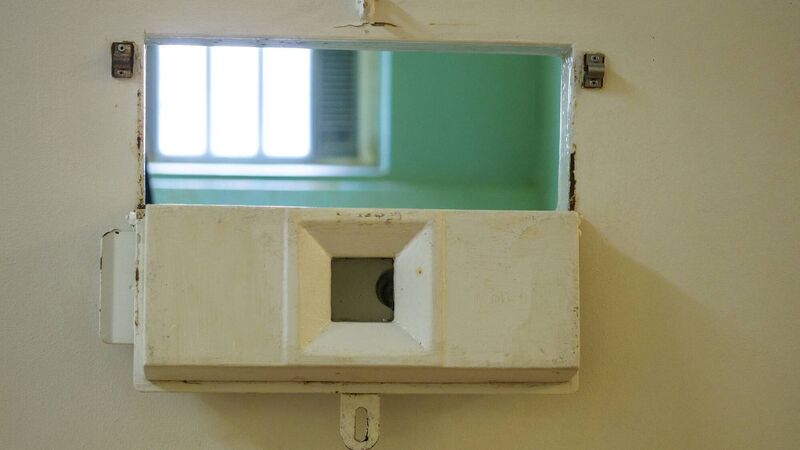Vivian Geiran: Why are we addicted to prisons?

When prisons are overcrowded and conditions there deteriorate, both for prisoners and staff, prisons become more unstable, criminogenic, and ‘net contributors’ to increasing the dangerousness of those inside, and of increasing their likelihood of offending after their release. File picture
According to official figures from the Irish Prison Service, prison numbers and overcrowding in Ireland have reached an all-time high, with the prison population exceeding 5,000 for the first time.
This may seem to be of little direct concern to many of us, especially anyone who believes that once those receiving custodial sentences actually go to prison and serve their sentence, there is little if anything else to be concerned about.













